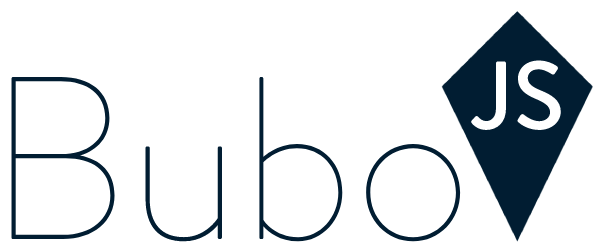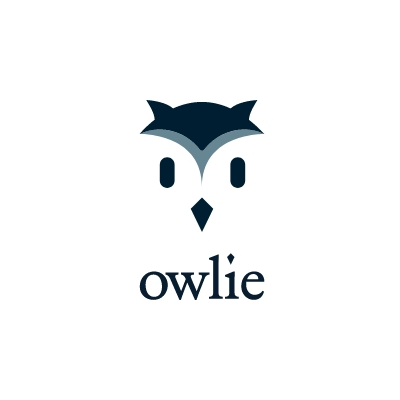
Acl Middleware
Back to Main Menu
the Acl Set (Access Control List) allows to define the rights of each type of user, it is based on the library role-acl
The Set provided by bubo is composed of 2 functions and 2 middlewares

Acl
This decorator is placed on a controller class, it allows to assign all the rules that can be used on the controller in question
Example of a configuration object
import { DefaultActions } from '@bubojs/api'
import { UsersRepository } from './UsersRepository'
import { Right } from '@bubojs/catalog'
const usersRepository = new UsersRepository()
const userDefaultAccess = async (context: any) => {
const { id } = context.params
const userId = context.user.id
const user = await usersRepository.findOneBy('id', id)
return user.id === userId
}
export const userRights: Array<Omit<Right, 'resource'>> = [
{
role: 'admin',
action: [
DefaultActions.GET_MANY,
DefaultActions.GET_ONE,
DefaultActions.CREATE_ONE,
DefaultActions.UPDATE_ONE,
DefaultActions.DELETE_ONE,
'checkPhone'
]
},
{
role: 'regular',
action: [DefaultActions.GET_ONE, DefaultActions.UPDATE_ONE, DefaultActions.DELETE_ONE],
attributes: ['username', 'id', 'birthDate', 'email', 'gender', 'bio', 'phone'],
condition: userDefaultAccess
}
]
We define the possible actions for each role, the attributes to which they have access (this can be used for example for the attributes of sequelize) as well as the particular conditions to be fulfilled (here for example a classic user can only access himself and not the others)
On the controller:
import {Controller } from '@bubojs/api'
import { userRights } from './UsersAccess'
import { userValidation } from './UsersValidation'
import { userRepository } from '../../repositories'
import { User } from './User'
import { Acl } from '@bubojs/catalog'
@Acl(userRights)
@Controller({ repository: userRepository })
export class UsersController {
}
CheckAcl
This decorator is put on a route in order to activate the rights validation middleware for it, if the route is not defined in the rights then the route is systematically refused
import { Controller, DefaultActions } from '@bubojs/api'
import { AuthMiddleware } from '@bubojs/catalog'
import { userRights } from './UsersAccess'
import { userRepository } from '../../repositories'
import { User } from './User'
import { SequelizeAttributes } from '../../utils/middlewares/SequelizeAttributes.middleware'
import { Acl, CheckAcl } from '@bubojs/catalog'
@Acl(userRights)
@Controller({ repository: userRepository })
export class UsersController {
@AuthMiddleware()
@CheckAcl()
@SequelizeAttributes(
User,
() => undefined,
(req: any) => {
const attr = req.permission.attributes
return attr === ['*'] ? undefined : attr
}
)
[DefaultActions.GET_ONE]() {
}
@AuthMiddleware()
@CheckAcl()
[DefaultActions.GET_MANY]() {
}
@AuthMiddleware()
@CheckAcl()
@SequelizeAttributes(
User,
() => undefined,
(req: any) => {
const attr = req.permission.attributes
return attr === ['*'] ? undefined : attr
}
)
[DefaultActions.CREATE_ONE]() {
}
@AuthMiddleware()
@CheckAcl()
@SequelizeAttributes(
User,
() => undefined,
(req: any) => {
const attr = req.permission.attributes
return attr === ['*'] ? undefined : attr
}
)
[DefaultActions.UPDATE_ONE]() {
}
@AuthMiddleware()
@CheckAcl()
[DefaultActions.DELETE_ONE]() {
}
}
This decorator is put on a route in order to activate the rights validation middleware for it, if the route is not defined in the rights then the route is systematically refused
AclManager
Two functions are available on AclManager:
AclManager.applyRights which must be called to apply the rights in the manager, ideally just after the server startup once all controllers are registered
AclManager.roleCallback allows to redefine the role getter for a user, by default it will retrieve the "role" field
Back to Main Menu
Editor







